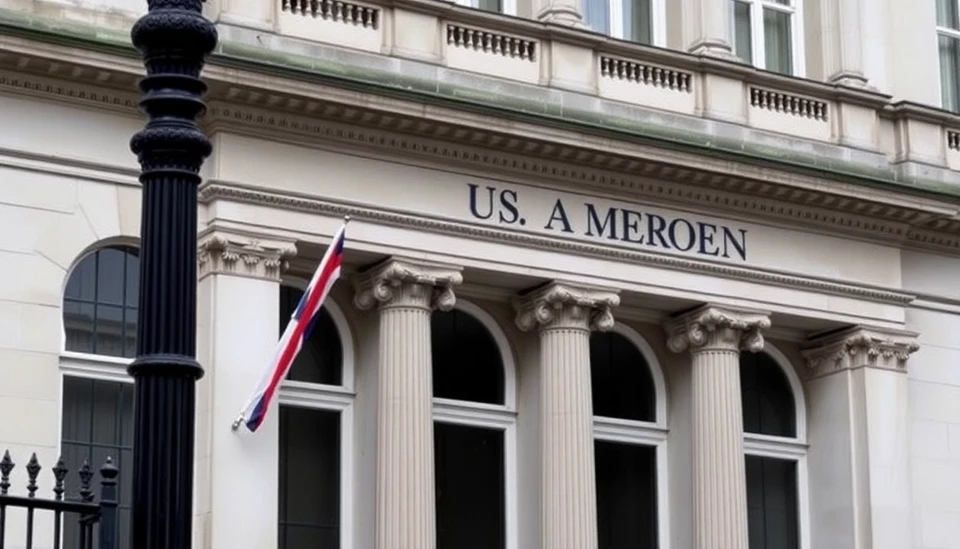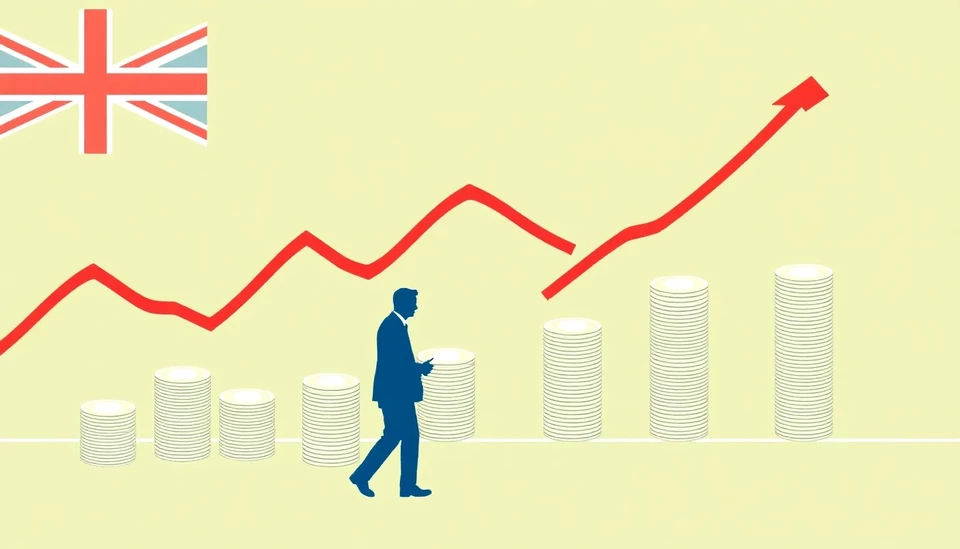
In a recent address, Bank of England (BoE) policymaker, Jonathon Greene, emphasized the necessity to maintain elevated interest rates to ensure that inflationary pressures in the United Kingdom are kept under control. His remarks come as the central bank navigates a complex economic landscape characterized by persistent inflation and uneven growth across various sectors.
Greene articulated that while the UK economy shows signs of resilience, the underlying inflation rate remains above the BoE's target of 2%. He pointed out that the current monetary policy approach requires careful deliberation and continuous assessment of economic indicators. The central bank's current stance on interest rates is crucial to preventing inflation from undermining the country’s economic recovery.
During his speech, Greene indicated that the recent inflation figures suggest a cautious approach remains paramount. He noted, “It is clear that we are operating in an environment where inflation is not just a temporary hiccup but rather a continuing challenge.” His insistence on keeping rates higher for an extended period reflects a broader acknowledgment among policymakers that a balance must be struck between controlling inflation and supporting economic growth.
Moreover, Greene addressed concerns regarding the potential impact of prolonged high-interest rates on consumer spending and business investments. He acknowledged the risk of dampening economic momentum but firmly believed that the trade-off was necessary to achieve long-term stability. Greene's perspective highlights a fundamental tension within central banking: the need to counteract inflation without stalling growth.
The implications of Greene's statements extend beyond the immediate fiscal landscape; they hint at a broader strategy that central bankers across the globe may consider. As economies recover from pandemic-induced disruptions, the interplay between inflation and growth will be a focal point for policy-making.
Economists and market analysts are split on the potential outcomes of the BoE's current strategy. Some argue that higher rates may indeed stifle growth, leading to a slowdown in key sectors such as housing and consumer goods. Others contend that a stronger stance against inflation will ultimately contribute to a healthier economic ecosystem in the long run.
As the BoE continues to monitor economic developments closely, Greene’s insights serve as a critical reminder of the delicate balance that must be maintained. The commitment to migration towards stable, long-term financial conditions remains paramount in facilitating a robust UK economy.
In conclusion, the message from Jonathon Greene is clear: the Bank of England intends to uphold its commitment to stringent monetary policy for the foreseeable future, aiming to rein in inflation and promote sustainable growth amidst uncertain economic terrains.
#BankofEngland #JonathonGreene #InterestRates #UKEconomy #InflationControl #MonetaryPolicy #FinancialStability
Author: Rachel Greene




